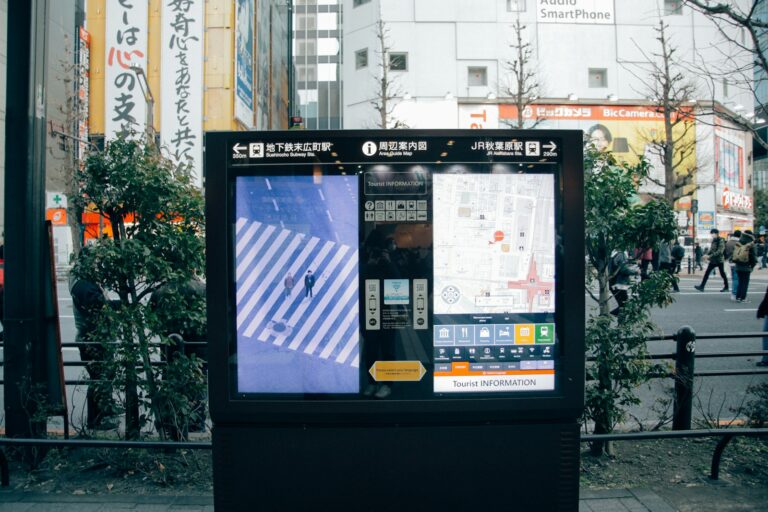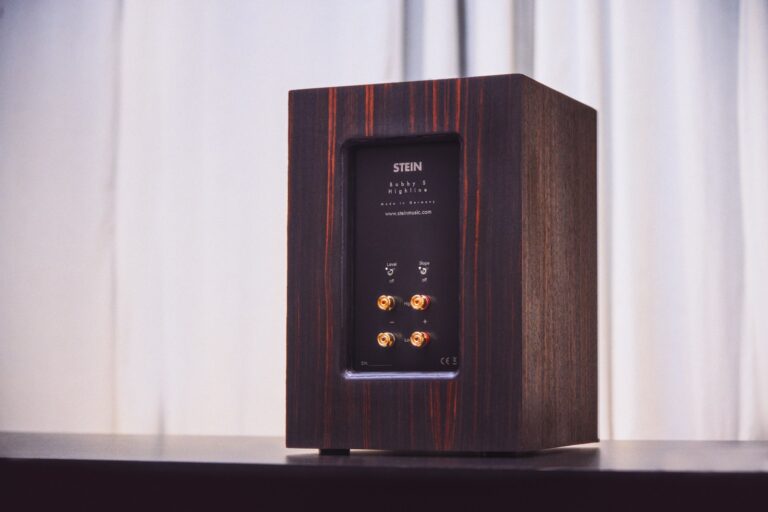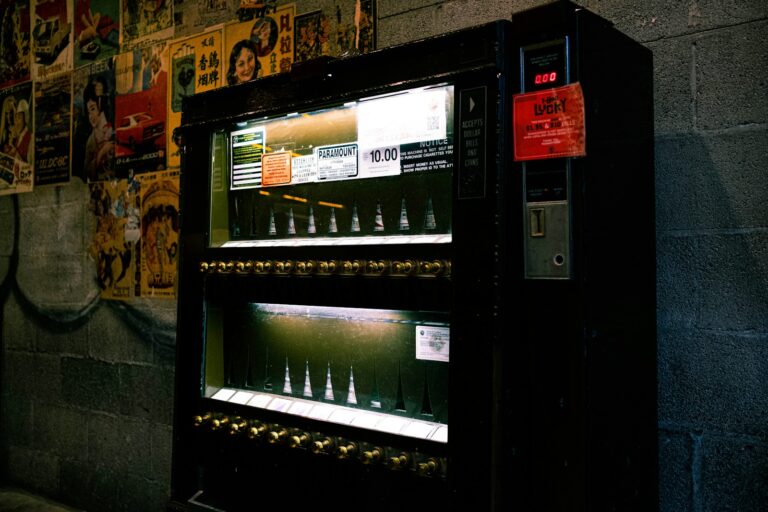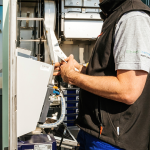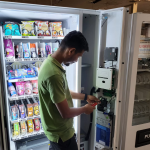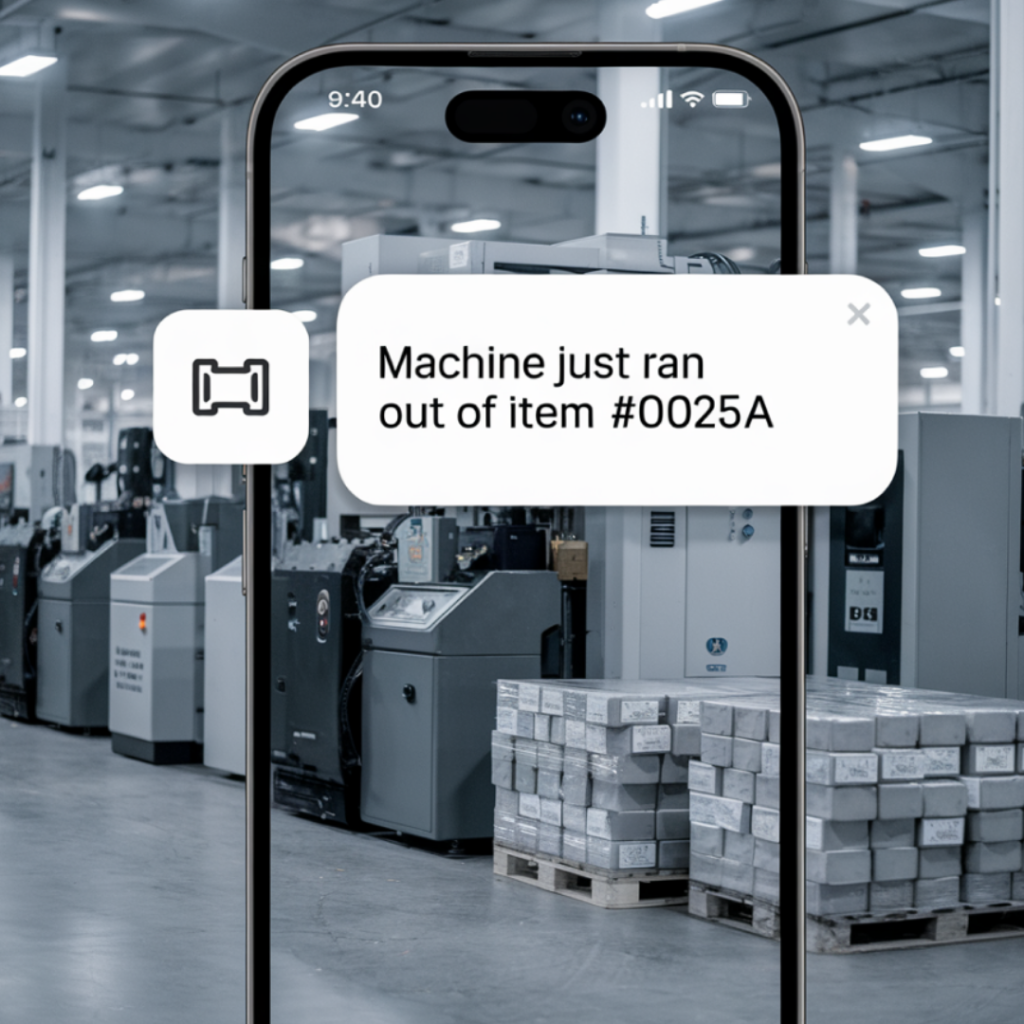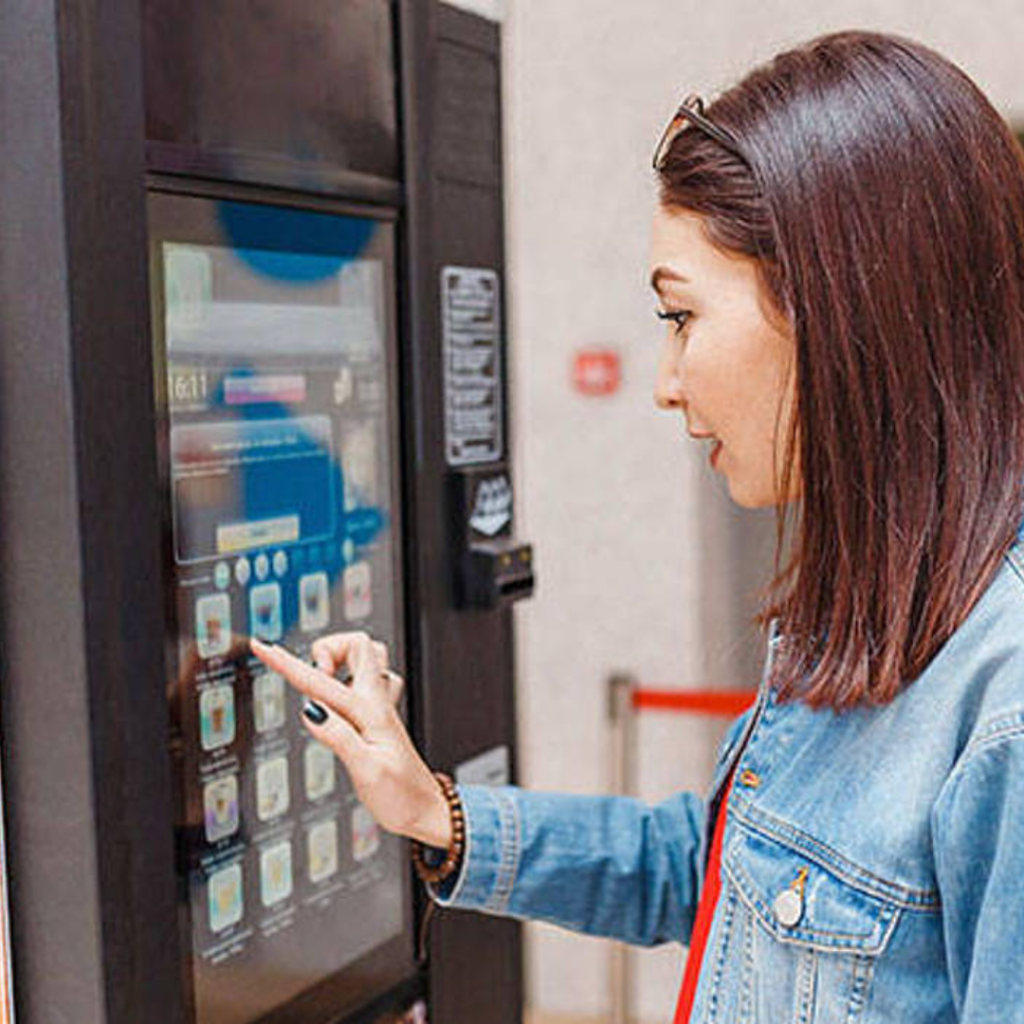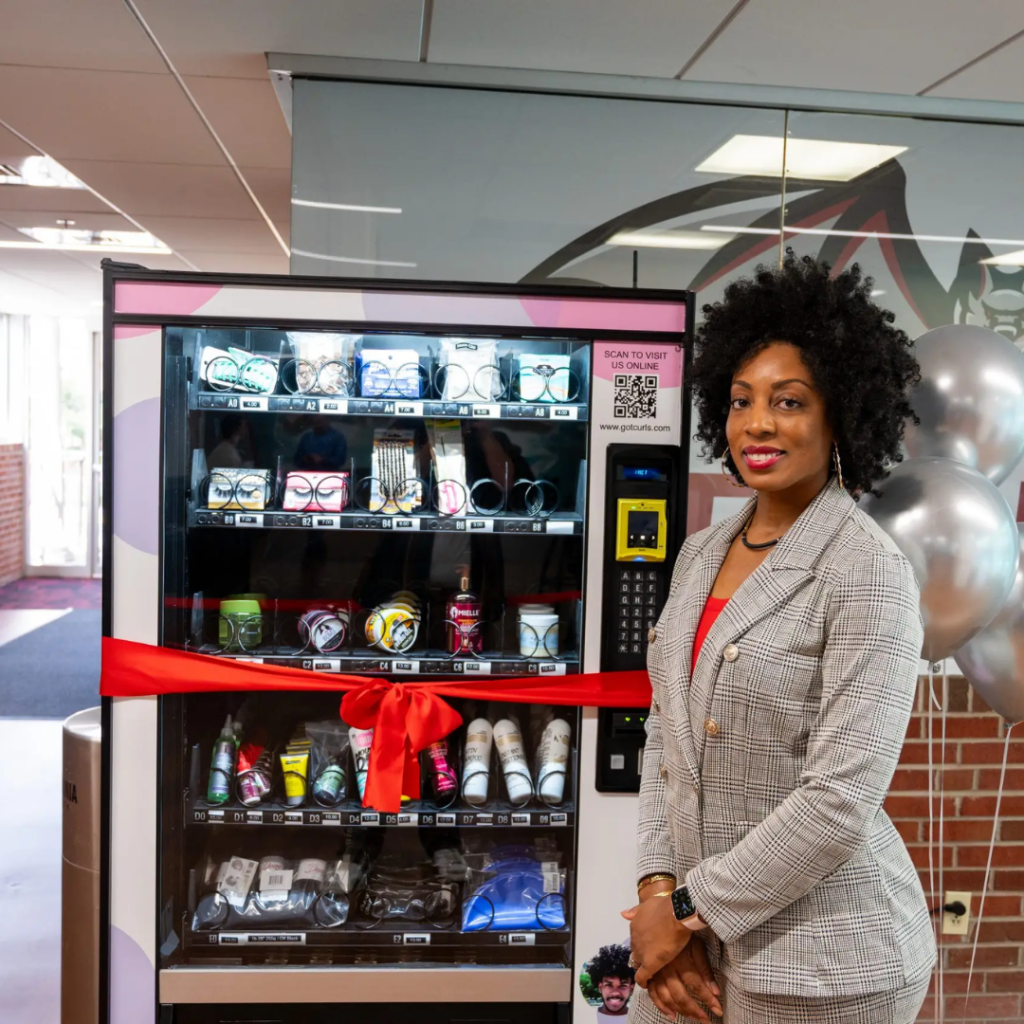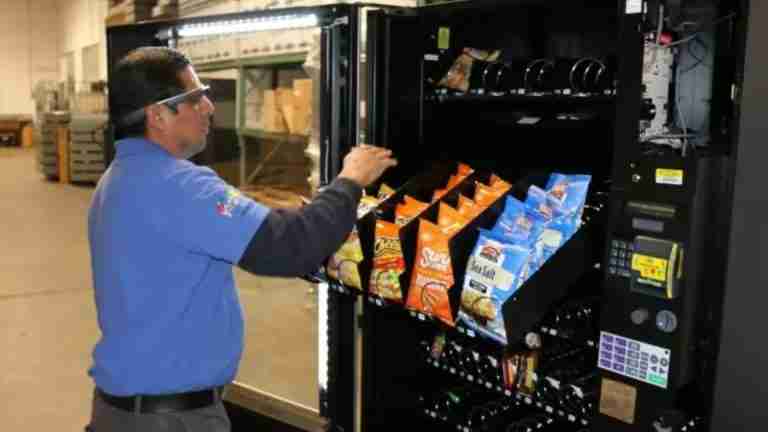Export ready American built machines in stock, shipping from Miami
Are Weed Vending Machines Legal in the USA?
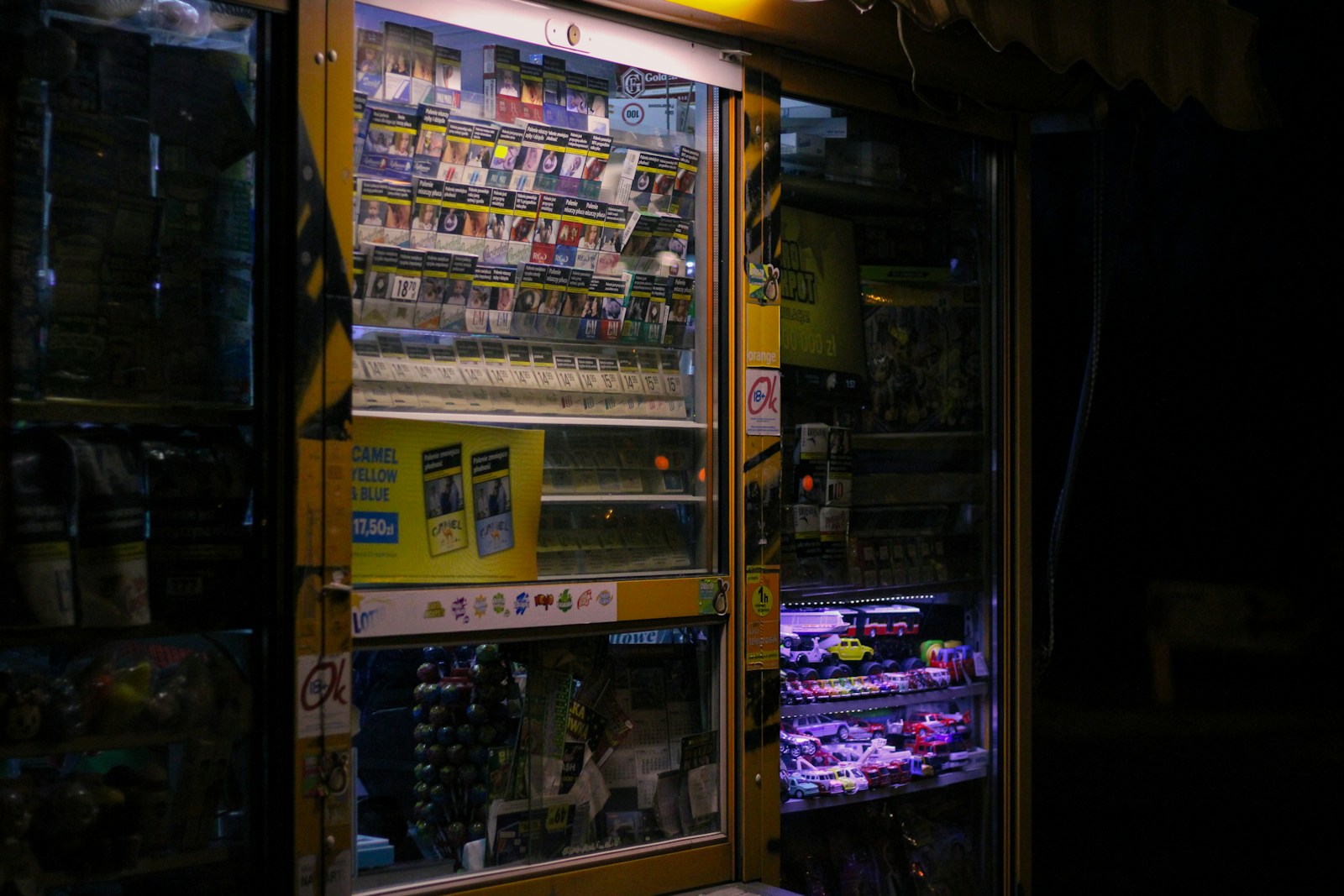
The question many entrepreneurs are asking today is simple: are weed vending machines legal? The rise of cannabis retail has created new opportunities, and vending technology is at the center of it. But unlike soda or snack machines, cannabis cannot be placed in any location with a simple plug-in. In the United States, the legality of weed vending machines depends on a complex mix of federal, state, and local rules. In some states, machines are permitted inside licensed dispensaries, provided they follow strict ID verification and seed-to-sale tracking. In other states, vending is prohibited outright, no matter how secure the machine may be.
For operators, this is both an opportunity and a challenge. When set up within the boundaries of the law, cannabis vending allows 24/7 access, reduced staffing costs, and a faster customer experience. Yet missteps in compliance can lead to license suspensions or steep penalties. To answer the question fully, we need to look at how laws operate at each level of government and why regulation shapes this business differently than any other form of vending.
Federal Law and Its Limits
At the federal level, cannabis remains classified as a Schedule I substance. This means that in theory, the possession, sale, or distribution of marijuana is still illegal nationwide. In practice, however, federal agencies have allowed states to take the lead when they create regulated cannabis markets. This is why dispensaries are able to exist legally in states such as Colorado, California, and Nevada.
For vending machines, the federal status creates a gray zone. While federal authorities are unlikely to intervene against a compliant dispensary in a legal state, the underlying prohibition is still on the books. This makes banking, interstate shipping, and insurance more difficult for anyone considering weed vending machines. The practical effect is that every legal machine must operate strictly within state rules. Compliance tools like age verification machines become essential, because regulators expect the same level of control from a vending system as they do from a human budtender.
State-Level Approaches
Every state that has legalized cannabis has written its own set of rules for how products can be dispensed. This means the answer to are weed vending machines legal changes dramatically depending on where you plan to operate. Here are some examples:
- Colorado: Permits vending machines inside licensed dispensaries. They must integrate with the state’s tracking system to record every transaction. Operators use them as self-service kiosks for verified customers.
- California: Allows vending, but with restrictions. Machines are treated like automated checkouts and must scan IDs, verify age, and ensure purchase limits are not exceeded.
- Nevada: Permits machines in dispensaries but demands additional safeguards, including biometric ID checks and surveillance integration.
- Florida: Only medical cannabis is legal. Machines may be used for storage or pre-order pickup under staff supervision, but not for unattended sales.
- Prohibition states: In places like Texas or Idaho, vending is entirely banned because cannabis itself remains illegal.
This patchwork makes it clear why no operator can rely on a one-size-fits-all model. A vending unit designed for Colorado may need additional features before it is approved in Nevada or California. A smart strategy involves tailoring machines to the laws of each jurisdiction and building compliance into your business plan from the start.
Local and County Restrictions
Even within states that allow cannabis vending, local governments often make the final call. Counties and cities can set their own rules, and these rules can be stricter than state law. Some cities in California, for example, allow vending machines only inside licensed dispensaries, while others prohibit them altogether. Local zoning boards may require dispensaries to apply for additional permits before installing a machine, and many insist that vending units remain under surveillance at all times.
This creates a reality where two dispensaries in the same state can face very different outcomes. One city may welcome machines as a way to modernize retail, while the next town over bans them as a matter of policy. For multi-location operators, this means due diligence is critical. A business plan built on vending must account not only for state law but also for every local ordinance along the way. To see a related example of how local rules shape this industry, take a look at our detailed breakdown of are vape vending machines legal.
Licensing and Compliance Requirements
The foundation of a legal cannabis vending business is licensing. Before you ever purchase a weed vending machine, you need to hold a valid dispensary license in your state. These licenses are often limited in number, highly competitive, and come with detailed compliance obligations. Vending machines are never allowed to operate outside a licensed dispensary or delivery service environment.
Once licensed, you must configure your vending unit to match compliance standards. Most states require integration with seed-to-sale tracking systems such as METRC or BioTrack. This means every sale is recorded in real time and linked to a verified customer. In addition, age verification systems are required, often including both ID scanning and biometric confirmation. Surveillance cameras must capture each transaction, and some regulators even require remote access for inspectors.
Failure to comply can result in suspension or revocation of your license. That is why many operators partner with equipment providers who understand state-level compliance and can configure machines accordingly. This is not an industry where a generic vending unit will pass inspection. Instead, compliance-first architecture is what separates successful operators from those who lose their investment.
Business Models for Weed Vending Machines
For entrepreneurs, the real question is not only “are weed vending machines legal” but also “how do I make money with them?” Business models typically fall into three categories:
- In-Store Self-Service: The most common model, where vending machines are placed inside a dispensary. They act as automated budtenders, allowing customers to scan their ID, select products, and check out quickly. Staff are still present, but the machine reduces lines and labor costs.
- Hybrid Pickup: Customers place orders online, then pick up their pre-filled packages from the machine using a QR code or PIN. This approach is popular in high-traffic urban areas where speed matters.
- Closed-Loop Systems: Some medical cannabis programs allow vending in hospitals or care centers where only pre-verified patients can access the machine. These units function like prescription kiosks, tightly monitored for security and compliance.
Each model requires upfront investment, but the return can be significant. Reduced staffing costs, faster service, and extended hours of operation all increase margins. Pairing vending with financing options such as our flexible financing solutions makes it possible for operators to scale faster without draining working capital.
Risks and Challenges
Despite the advantages, running weed vending machines is not without challenges. The most obvious risk is regulatory uncertainty. Federal law could shift, and state laws are frequently updated. An operator who fails to stay current with local regulations risks losing not only their vending machine but their entire dispensary license.
Security is another concern. While vending units are built with reinforced steel and tamper-proof locks, they still attract attention. Machines must be placed in secure, monitored environments. Insurance providers often require upgraded surveillance and alarm systems before approving coverage.
Finally, there is the challenge of customer perception. Cannabis is a sensitive product, and some consumers may hesitate to trust an automated dispenser. Building confidence requires transparent compliance, visible security features, and clear instructions for customers. When handled well, vending can actually enhance a dispensary’s reputation as a modern, efficient, and safe place to shop.
Bottom Line
The short answer to “are weed vending machines legal in the USA” is yes, but only under the right conditions. Federal law creates limits, state law sets the framework, and local governments decide the final details. Operators who succeed are the ones who build compliance into every step of their plan, from licensing and machine selection to customer education and ongoing support.
At VMFS USA™, we provide more than just machines. We offer compliance-ready equipment, financing options, cloud-based monitoring, and ongoing technical support. For entrepreneurs who want to explore this market, the key is to move carefully, choose the right partners, and view compliance as a competitive advantage.

